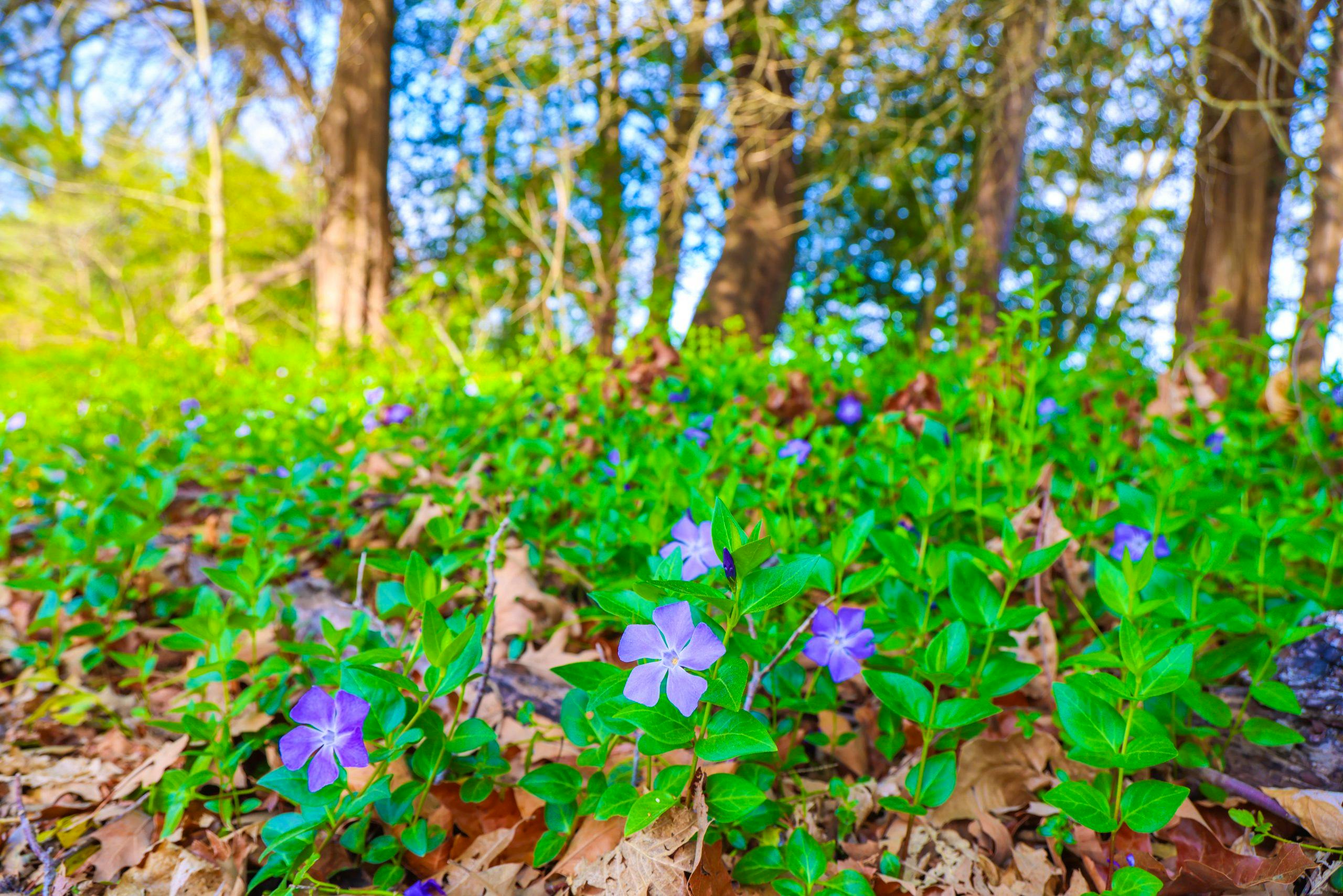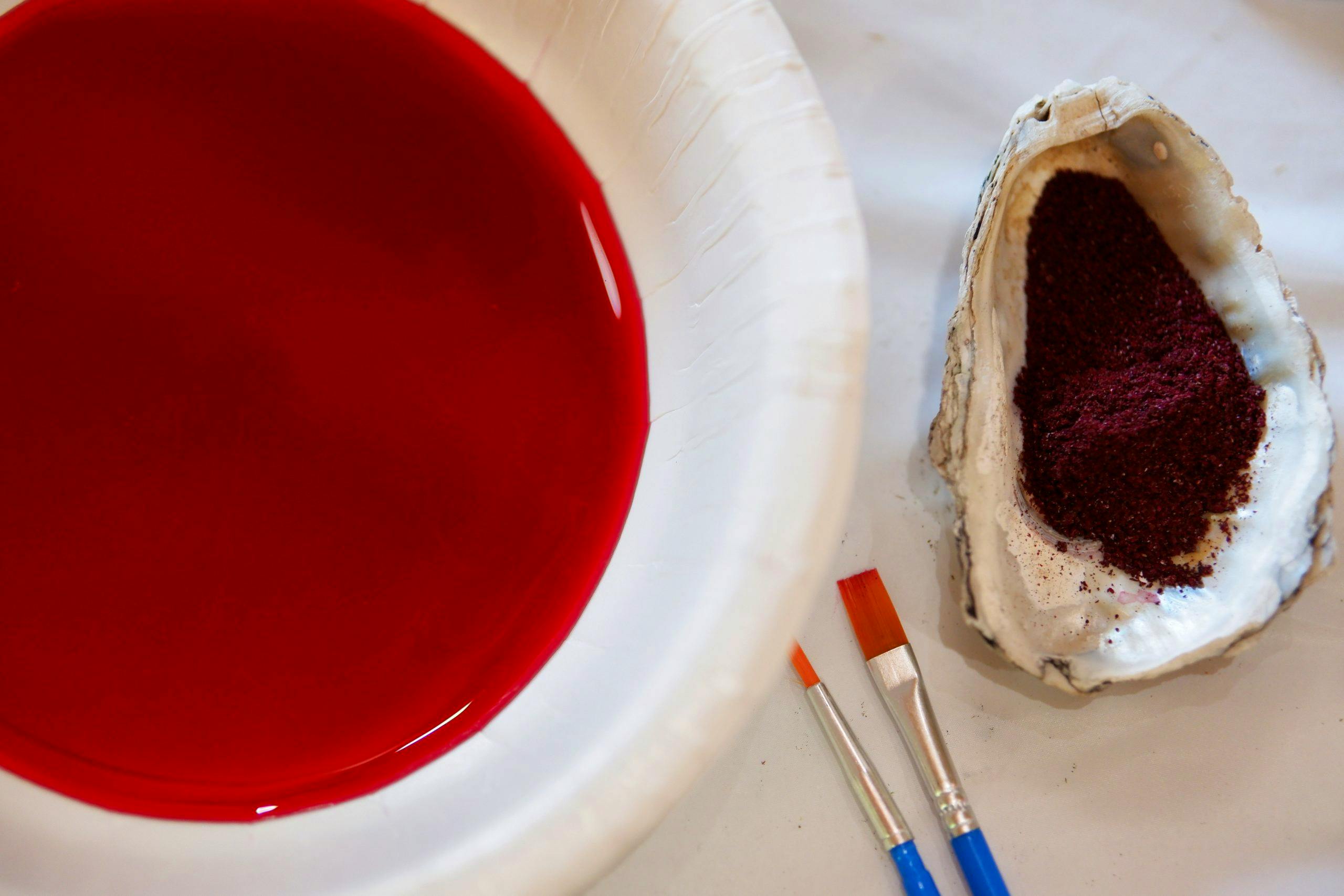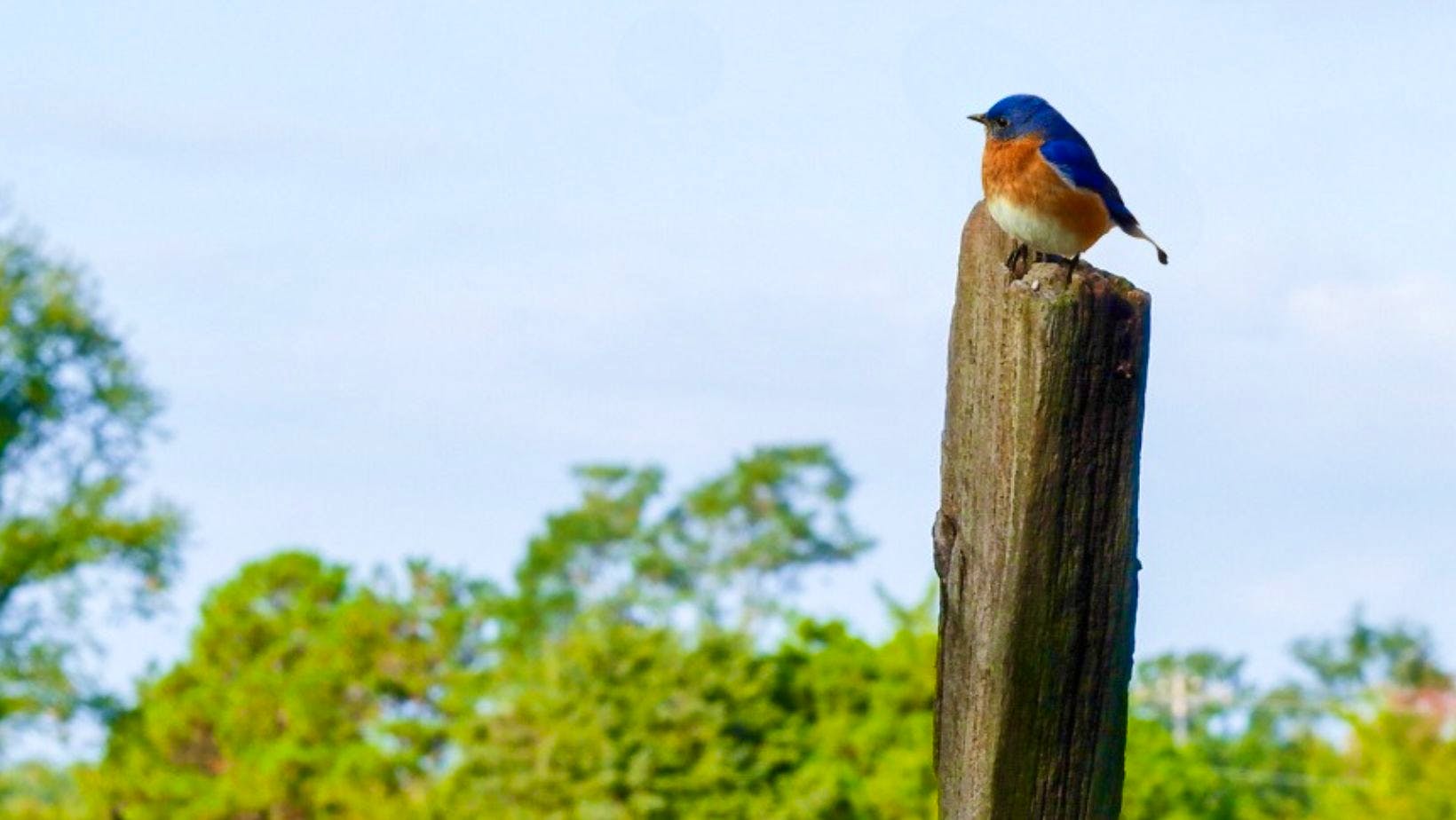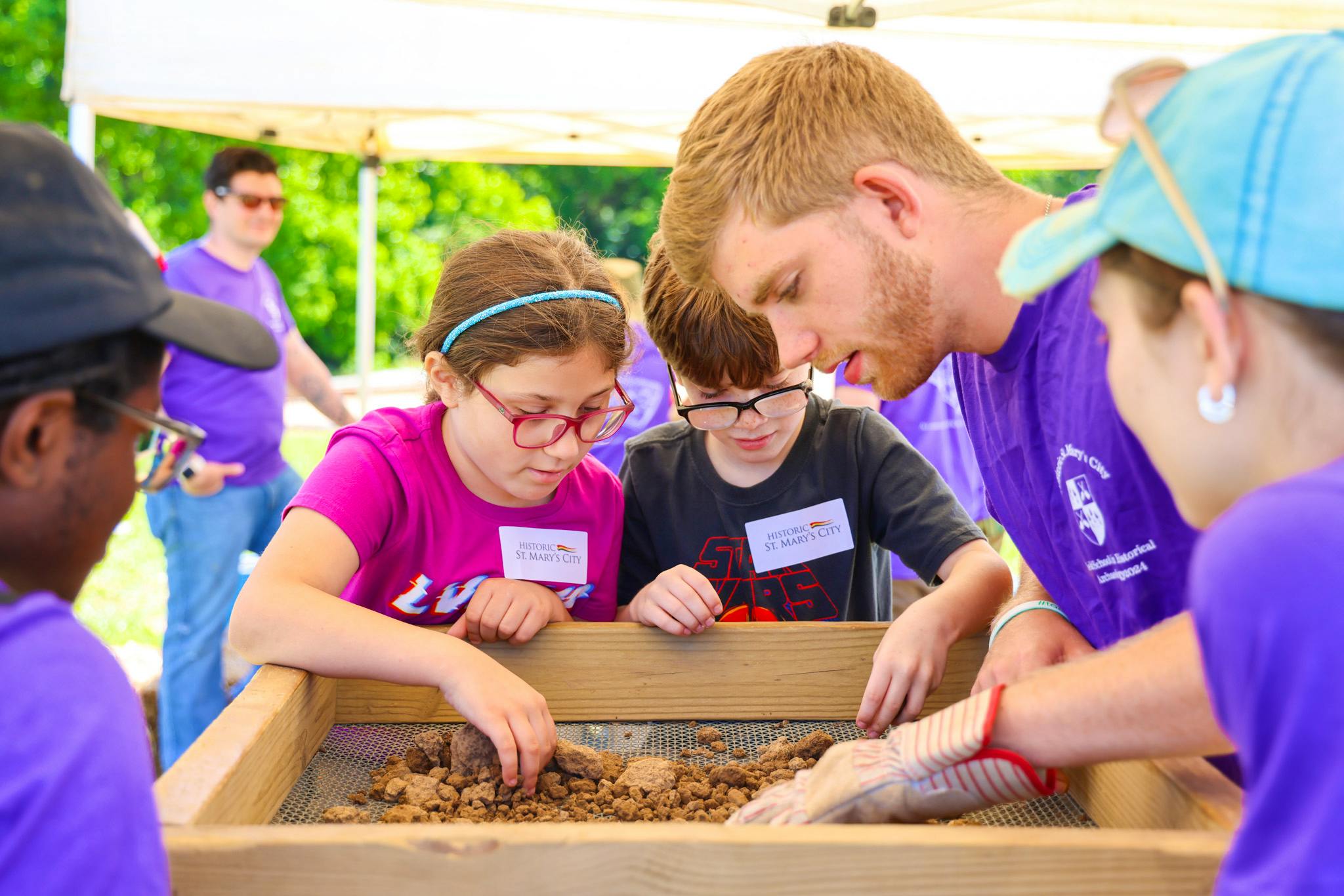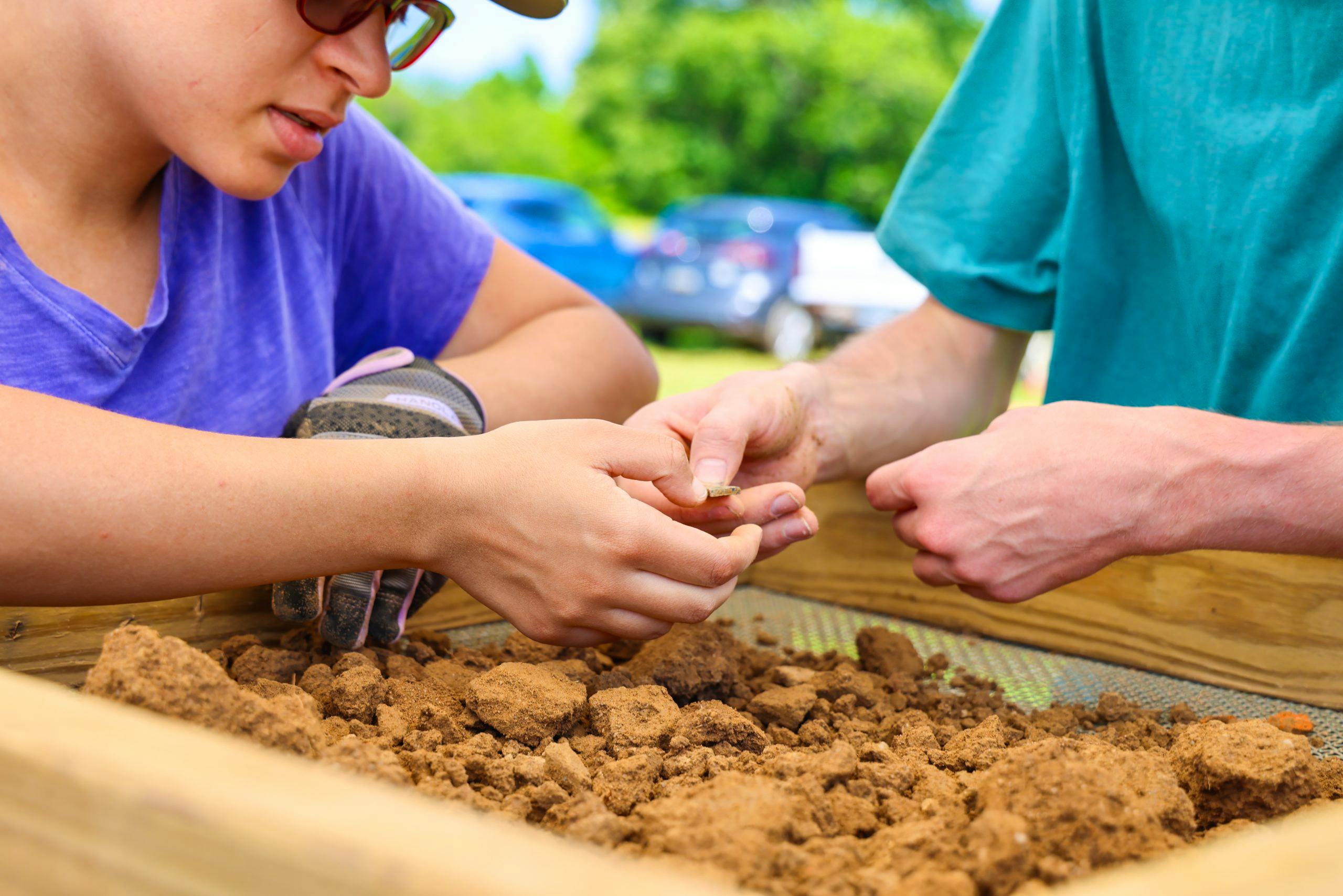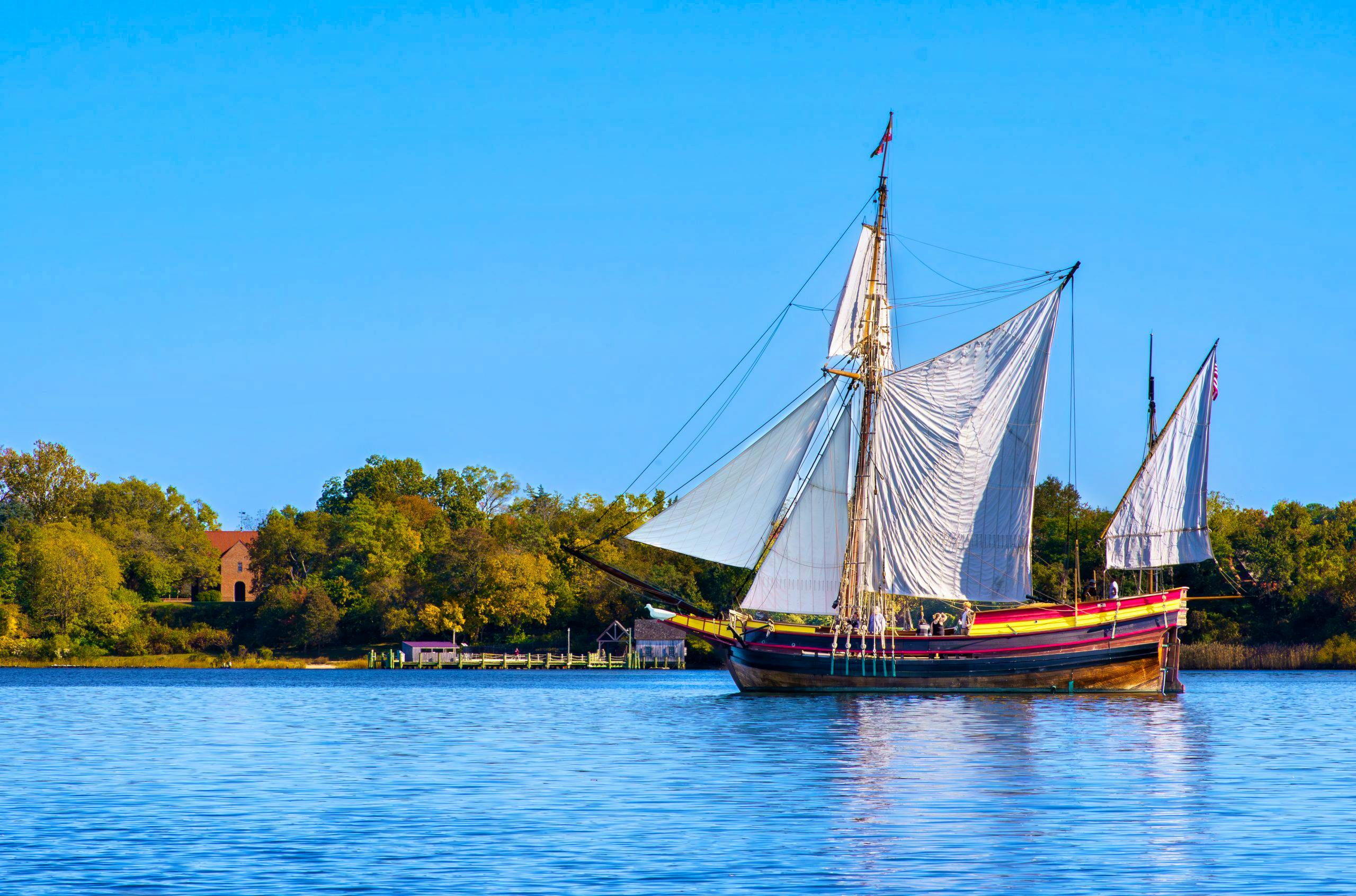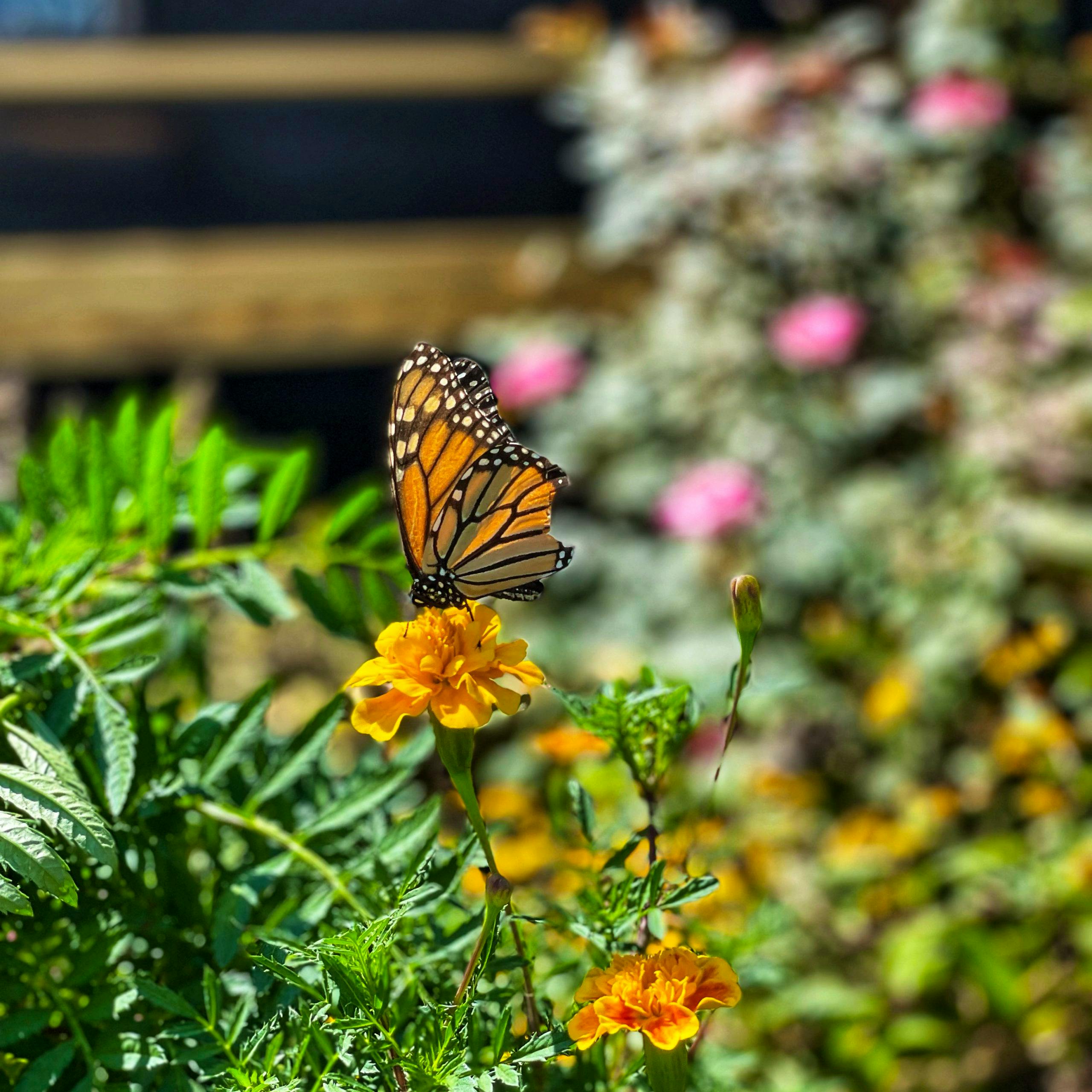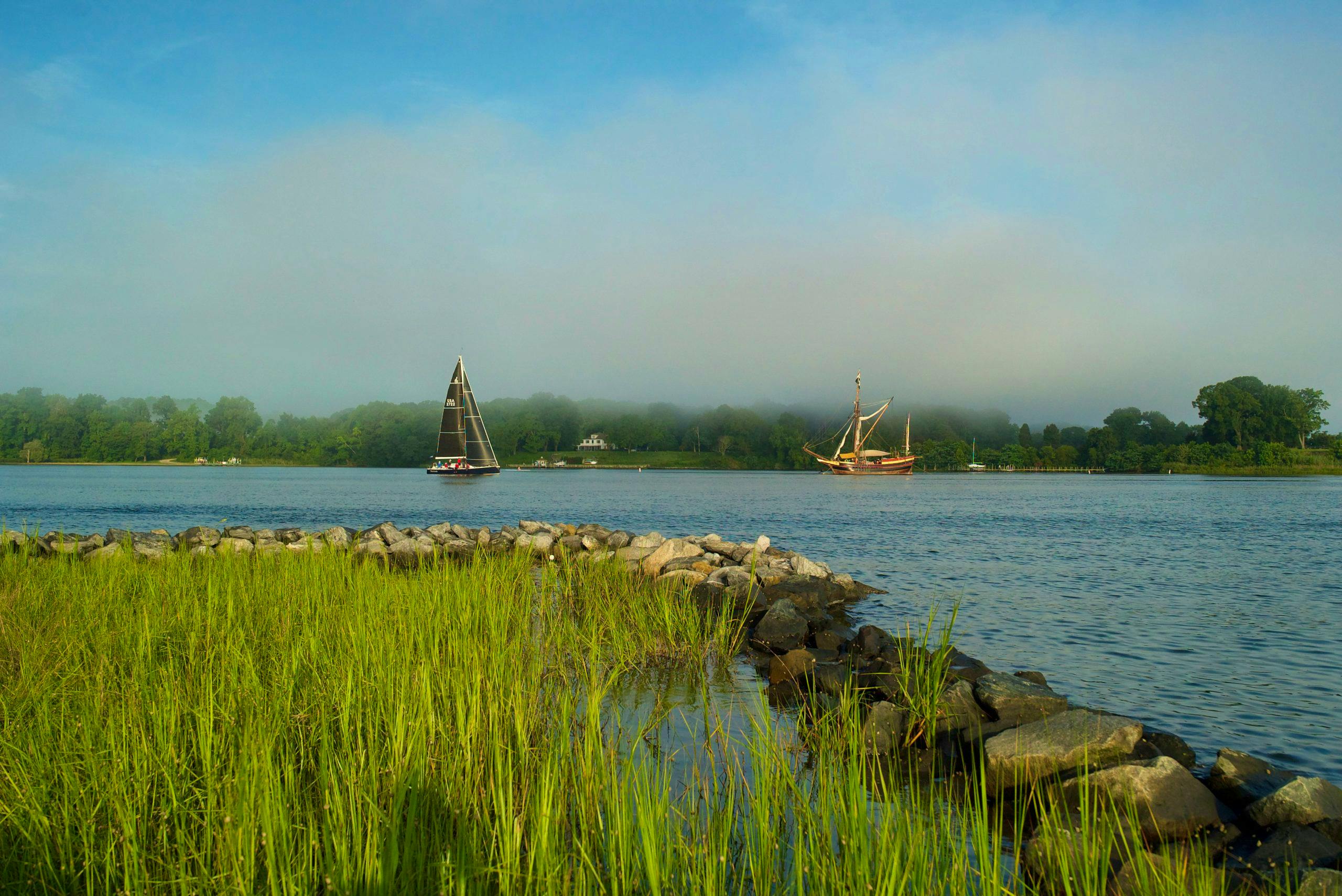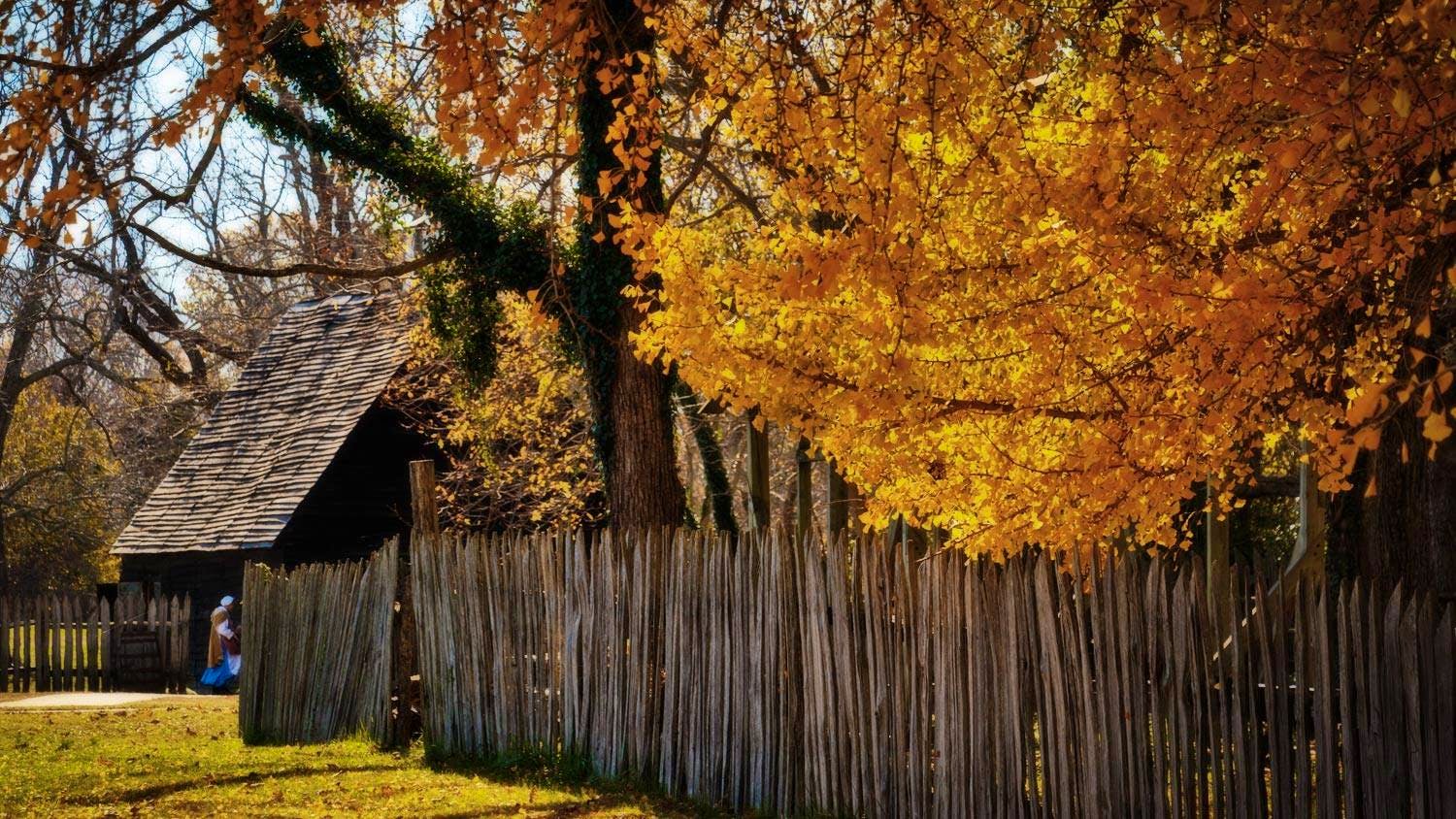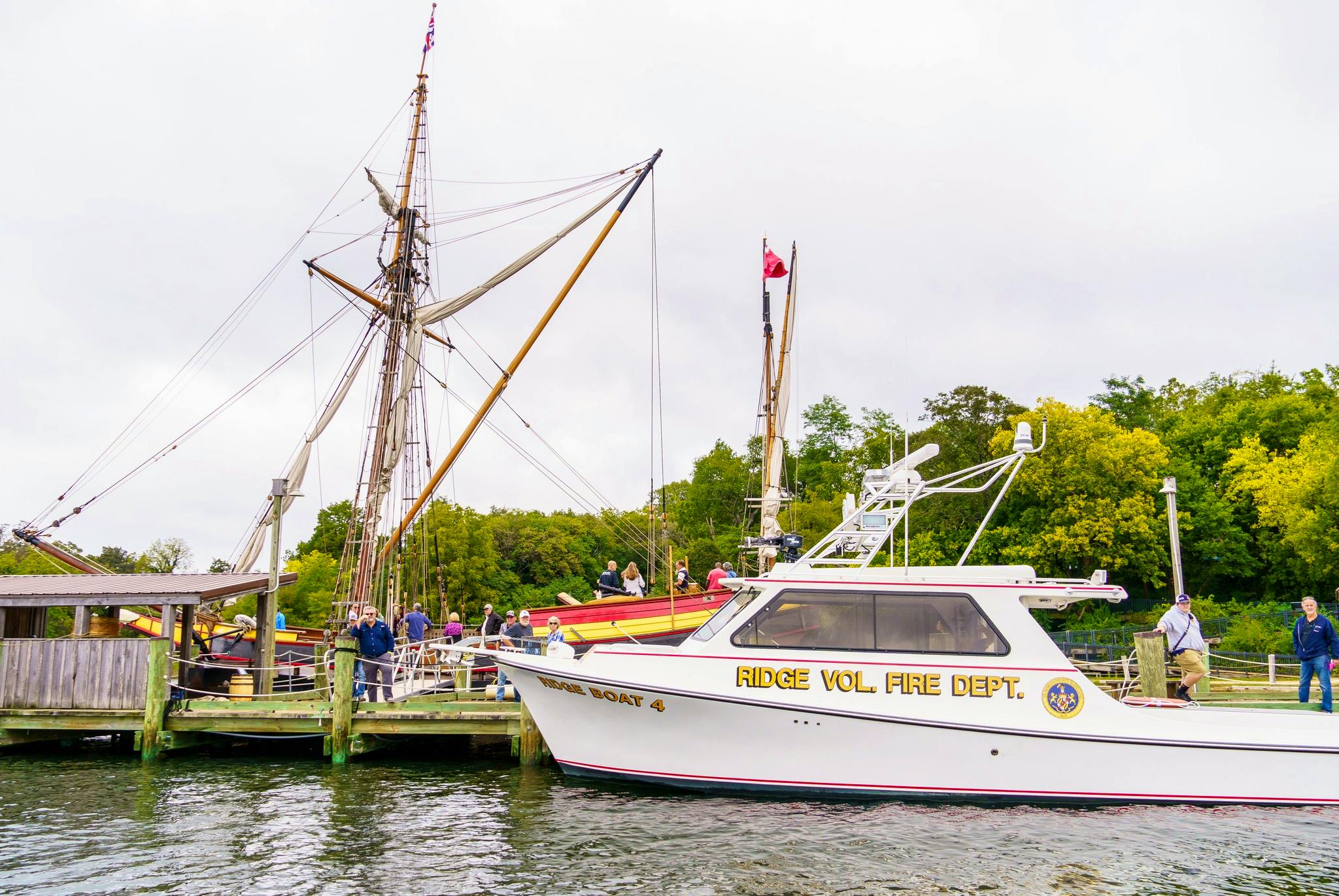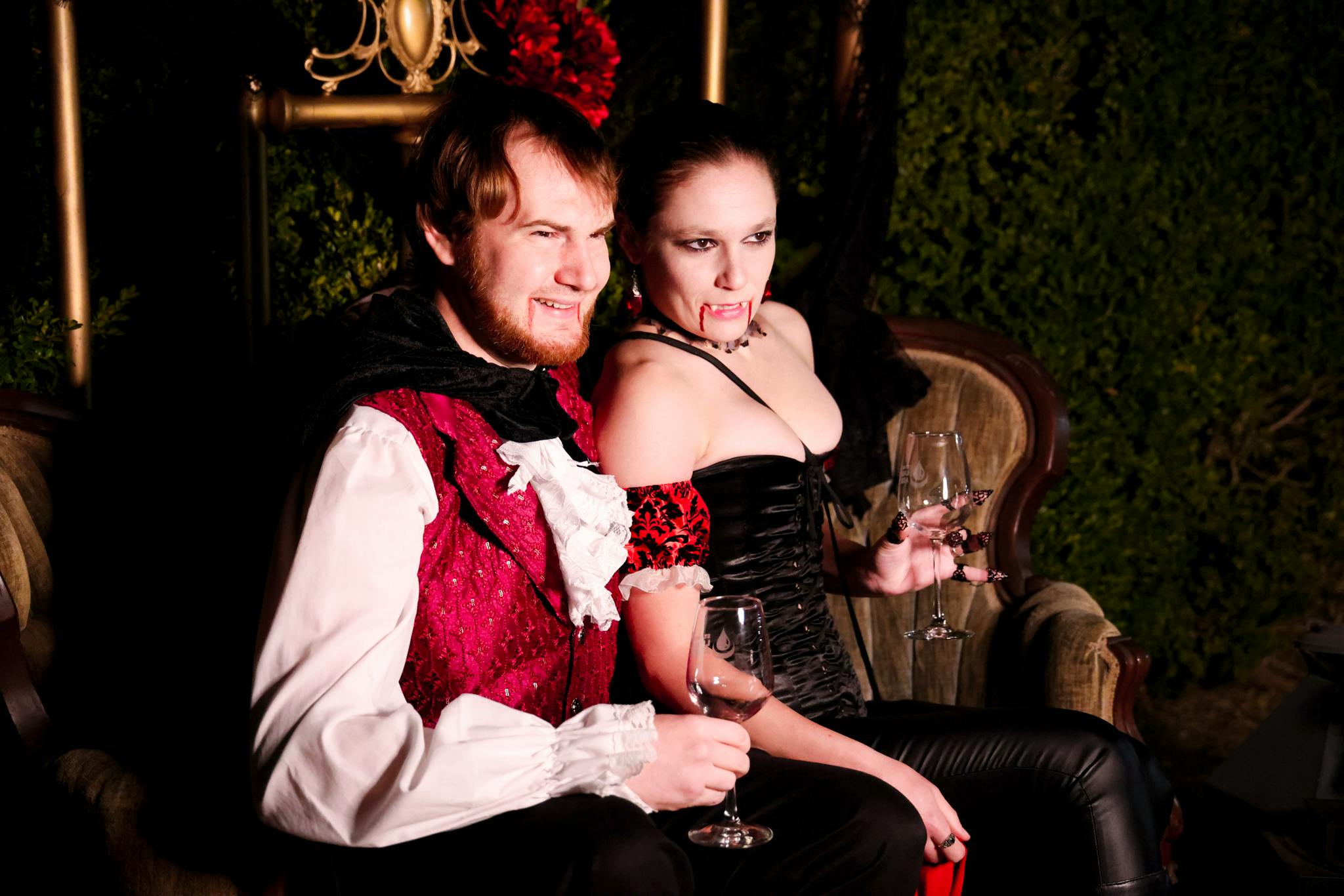Our maritime exhibit, Maryland Dove, will be off the dock and unavailable for boarding on April 26, 2025.
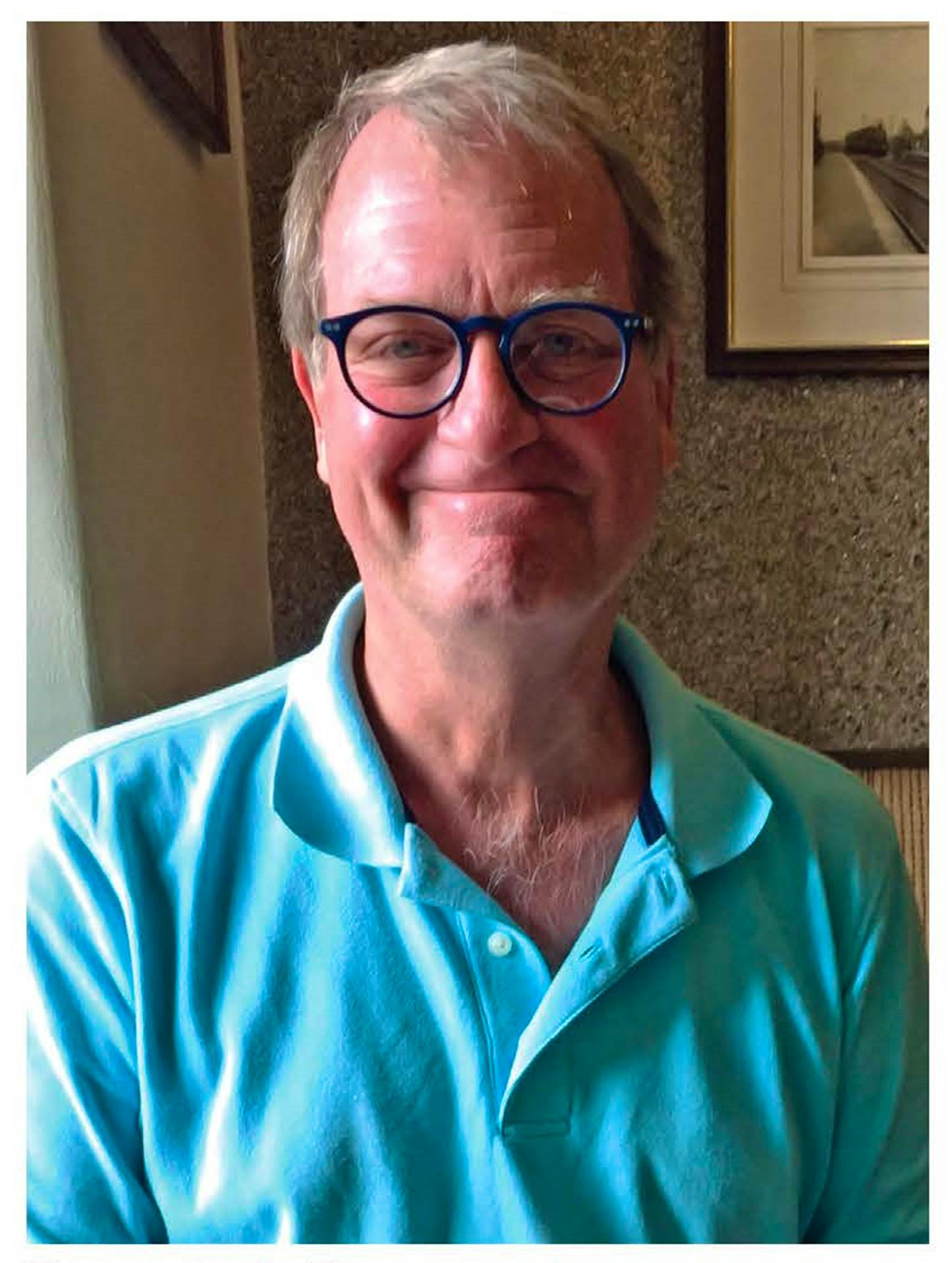
47600 Mill Field Drive St. Mary's City , 20686
Thursday, November 16, 2023
7:00pm - 8:15pm
Lecture – Documenting the Domestic Architecture of Chesapeake Slavery
47600 Mill Field Drive St. Mary's City , 20686
16 Nov 2023
- Overview
Speaker: Dennis J. Pogue, PhD
Associate Research Professor
University of Maryland, College Park
About the lecture:
The generic image of the housing for enslaved Blacks living in the American South is of small wooden cabins aligned in rickety rows along the margins of plantation society. The problem with this vision is not that it is inaccurate as much as it is incomplete, biased toward conditions that existed on elite plantations of the type most often found in the Deep South during the decades preceding the Civil War. An ongoing effort co-directed by the author seeks to identify and document the diminishing number of surviving slave houses, and those findings testify to the diversity in the character of slave housing in Virginia and throughout the region. Single-family cabins were only one among a variety of quartering schemes that were available, and large plantations often incorporated a mixture of options. The size, arrangement, and type of construction of housing changed over time, reflecting local conditions as well as regional social and demographic trends and economic factors. With more than 120 buildings in Virginia documented so far over the 15-year duration of the project, Pogue will place the findings within the broader context of slavery in the region and detail the processes of documenting and interpreting the structures.
Bio: Dennis J. Pogue, Ph.D., has more than 45 years of experience as an educator, archaeologist, historic site administrator, and historic preservationist in Maryland and Virginia. He holds a Doctorate in Anthropology, with an emphasis in historical archaeology, from The American University, in Washington, DC. Dr. Pogue taught at UMD for eight years and for three years was interim director of the Historic Preservation Program. After his retirement from teaching, his focus is on consulting with historical and historic preservation agencies, museums, and private citizens in studying, interpreting, and preserving their historic resources. During his 25 years working at George Washington’s Mount Vernon Estate, Museum & Gardens, he founded and directed the archaeological research program and oversaw all preservation-related activities on the property. Dr. Pogue’s scholarly interest lies in tracing the development of American society during the Colonial and Federal eras, with an emphasis on the plantation culture of the Chesapeake Bay region. Studying the material culture of Chesapeake slavery, and especially documenting variability in the character of the habitations of the enslaved, is an ongoing focus of his research. He co-directed an NEH-funded two-year project to record more than 30 houses of the enslaved from around the state of Virginia, and as President of Virginia Slave Housing, Inc., the number of buildings recorded now exceeds 120. Dr. Pogue has published extensively and lectured widely on a broad range of topics relating to historical archaeology, vernacular architecture, early American history, George Washington, and Mount Vernon. His book, Founding Spirits: George Washington and the Beginnings of the American Whiskey Industry, was published by Harbour Books in 2011, and received a silver medal in regional non-fiction in the 2012 Independent Publishers Book Awards. His essays have appeared as chapters in numerous collected volumes, and as articles in professional journals such as Historical Archaeology, Winterthur Portfolio, and The Pennsylvania Magazine of History and Biography, and in popular outlets such as American History, Early American Life, and The Magazine Antiques.
This lecture will take place in Cole Cinema, located at the St. Mary’s College of Maryland Campus Center, 47600 Mill Field Drive, St. Mary’s City, 20686.
Related Events
Member Event – Key Swamp Trail Adventure
Visitor CenterTue, May 6, 2025
04:30 PM - 06:30 PM
Events, Members
Breakfast with the Animals
Godiah Spray Tobacco PlantationSat, May 17, 2025
10:30 AM - 11:30 AM
Events
Members Event – Join the Bluebird Movement!
Visitor CenterMon, Jun 2, 2025
04:30 PM - 06:30 PM
Members
Tidewater Archaeology Weekend
Historic St. Mary's CityFri, Jun 6, 2025
10:00 AM - 04:00 PM
Events, Tours
Maryland Dove Away to “Blessing of the Fleet”
Historic St. Mary's CitySat, Oct 4, 2025
All Day
Events, Maryland Dove
Vampire Manor
(Reconstructed) State House of 1676Fri, Oct 17, 2025
07:00 PM - 10:00 PM
Events, Fundraiser


